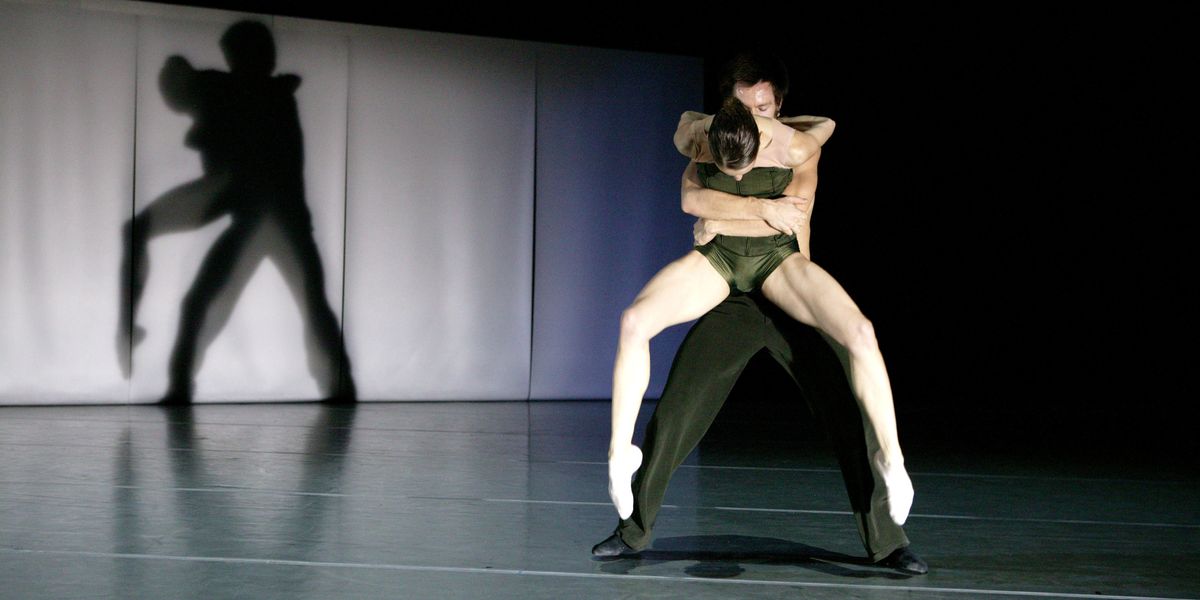Op-Ed: The Letter to Lyon Opera Ballet Shows How Much Further We Have to Go to Support #MeToo Victims
As debate raged online last week over which dance celebrities signed or didn’t sign an open letter in support of Yorgos Loukos, who was recently dismissed as director of the Lyon Opéra Ballet following a conviction for pregnancy discrimination, my thoughts kept returning to the silent woman at the heart of this story: Karline Marion, the dancer Loukos let go back in 2014.
She was 34 years old at the time. Days after her return from maternity leave, Loukos notified her that her contract wouldn’t be renewed. Had she been re-employed that year, after five consecutive one-year contracts, she would automatically have been granted a permanent position under the Lyon Opera Ballet’s rules. Marion thought on her feet and recorded a conversation she had with Loukos about the decision.
In that recording, which was made available by the investigative website Médiacités, Loukos is heard telling her in French: “I think you’re nice, you have a nice body… If you’re between the age of 29 and 34, and you haven’t done too badly, but not a lot either, you’re not going to do more between the age of 35 and 40, on top of that with a child… because you’re busier, you have things to do.” Marion challenges her director, telling him: “You’re afraid that I’m going to settle in after having a child.” Loukos replies: “It’s one of the reasons, indeed,” adding that he doesn’t want the Lyon Opera to turn into “a nursery school.”
Not only is it fairly obvious that Marion had a legal case, but the French courts sided with her—twice. In 2017, Loukos was handed a suspended six-month prison sentence for “workplace discrimination” and “harassment.” The appeal judgement, in December, only found him guilty of discrimination, and sentenced him to a fine and damages.
Until that final court decision two months ago, Loukos had suffered no consequences. By all accounts, he wasn’t professionally affected; while Marion found herself unemployed, he was able to continue in his prestigious position for six years.
Even after the #MeToo movement, there is deep suspicion in France of any sanctions imposed outside the (notoriously slow) justice system, and officials have dragged their feet about several publicized cases involving powerful men at the helm of artistic institutions. When I asked the current culture minister, Franck Riester, about Loukos’s case at a press conference in Avignon last summer, he looked embarrassed but stated his belief that any sanctions had to wait until after the director’s appeal.
Now put yourself in Marion’s shoes for a moment. Imagine waking up one morning—after a protracted yet successful fight for justice, in which due process was respected—to find that a number of the most powerful artists in the world, from Sylvie Guillem to Robert Wilson and Isabelle Huppert, have signed a letter in France’s top left-wing newspaper, Libération, decreeing that your dismissal “had nothing to do with discrimination” and criticizing the supposed “lack of truth and transparency” of the legal process. Imagine reading that Mats Ek, Emanuel Gat and Lucinda Childs—choreographers Marion may well have personally worked with—are threatening to withdraw their works from the Lyon Opera Ballet’s repertoire, either because they don’t believe you, or because your career weighs less than the six months Loukos had left in his position until retirement.
Now, the organizers of this letter—two legends of the French stage, the theater director Ariane Mnouchkine and the choreographer Maguy Marin—were sloppy. They didn’t properly obtain the consent of William Forsythe and Benjamin Millepied, who were initially listed among the dozens of signatories, and the wave of statements and counter-statements since have focused on who actually signed, and when.
But a long list of people did support the letter, including some who either clarified later that they didn’t agree with the threat to withdraw valuable repertoire (like Jiří Kylián and the director of Paris’s Théâtre National de Chaillot, Didier Deschamps) or admitted privately that they hadn’t read the letter thoroughly because they don’t speak French, and just wanted to express general support for Loukos.
Why wade in, then? Why take part in this collective muscle-flexing that relies on artistic threats to retaliate in a case of workplace discrimination, especially when it is unlikely to have any effect, since a new director, Julie Guibert, has already been appointed?
The letter’s other claims—that other women with children in the company have been treated fairly, that a recent internal survey was poorly managed—may or may not be accurate, but most of the text is unsubstantiated. At the end of the day, Loukos was convicted of discrimination. That’s a grave breach of duty for any artistic director, and the board of the Lyon Opera opted to vote unanimously in favor of his removal.
Unthinkingly defending one’s powerful friends has real-life consequences. What Marion, and other dancers who may find themselves in a similar situation, will take away from this letter is that there is no winning against a well-connected director. Even if you gather the necessary evidence, play by the rules, and wait, the people you most admire may still call you crazy and obfuscate.
How are we going to proceed with cases in which legal clarity is harder to come by if we can’t even let this one go? Is this the dance field we want? No one is calling for Loukos to be universally shunned. By all means, if you have known someone for decades and believe him to have many qualities, support him in private. But don’t relitigate legal proceedings most of us aren’t qualified to assess. Above all, think of the victim who had none of Loukos’s clout. I’ve never met Marion. Regardless, she matters, and by lending their reputation to this ill-considered letter, many have added insult to injury.




